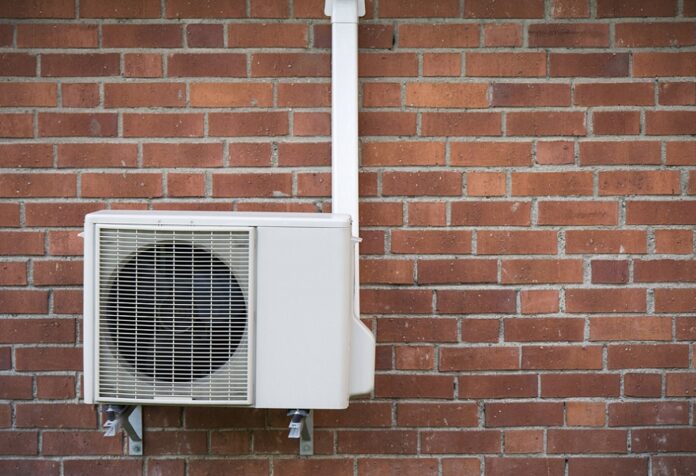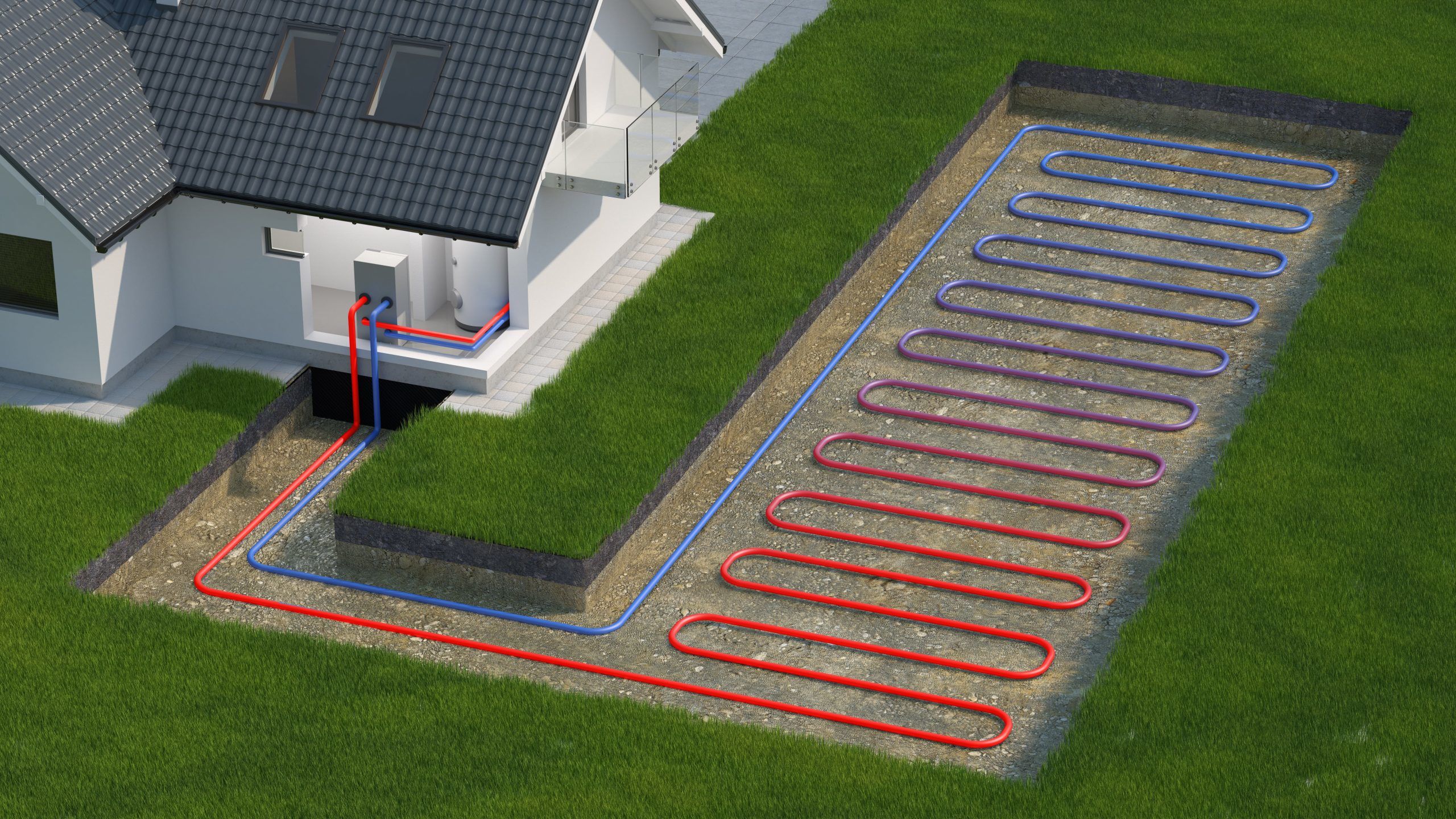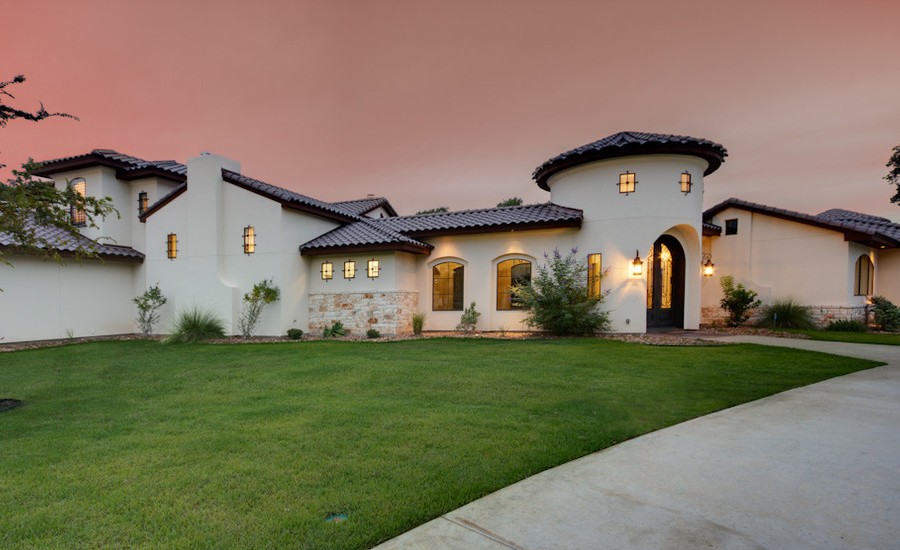Ground source heat pumps (GSHPs) are a cutting-edge heating and cooling system, but they aren’t right for every home. It’s critical to comprehend the benefits and drawbacks of ground source heat pumps, as well as how your property’s specific attributes can influence whether or not a geothermal heat pump installation is appropriate for you.
You might be tempted to install a geothermal heat pump right away because it can save you so much money on energy expenditures (while also benefiting the environment). However, installing a geothermal heat pumps cost is too high that you may be tempted to skip it altogether. Continue reading to know if geothermal heat pumps are worth it.
How Does It Work?
Geothermal systems, like other heat pumps, extract heat from one site and transport it to another. The heat is being collected from the ground in this situation!
No matter what season it is, temperatures at roughly 20 feet below the Earth’s surface remain astonishingly consistent, around 50 to 60°F. Geothermal heat pumps take advantage of this by circulating heat-carrying refrigerant or water through subsurface pipework.
Is geothermal heating and cooling worth it?
That is ultimately up to the customer, but if your objective is to save money on your energy bill, this is an excellent option. These systems will survive for a long time and provide you with plenty of heat and cold air. Because it draws energy directly from the ground, it is both energy efficient and environmentally friendly.
High efficiency = energy savings
Geothermal heat pumps, according to the EPA, consume 25-50 percent less electricity than typical heating and cooling systems and can save up to 73 percent when compared to standard electric resistance heating with central air conditioning.
You’ll notice a considerable difference in your monthly heating and cooling prices and electricity bills if you save that much energy.
No more fossil fuel
Geothermal heat pumps are a terrific option if you’re looking for an environmentally friendly alternative to your combustion fuel furnace or boiler. Heat pumps run purely on electricity, so they don’t produce the same amount of carbon dioxide as fossil-fuel-burning HVAC systems.
Extended lifespan
A geothermal heat pump heating and cooling system’s constituent components live far longer than typical HVAC systems. Instead of the normal 15 years for a furnace or air conditioner, your inside geothermal components can last up to 25 years, and the outdoor pipe system can last up to 50 years!
The Upfront Costs are Scary
Let’s be honest: building a geothermal system isn’t cheap. Depending on your soil conditions, plot size, system setup, site accessibility, and the quantity of digging and drilling required, it might cost anywhere from $10,000 to $30,000.
Depending on electricity rates and installation costs, recouping these costs through energy savings could take as little as four years or as long as 15 years. To determine whether a geothermal system makes financial sense in your scenario, you’ll need to do some research and consult with an expert.
Much quieter than other cooling systems
There’s no exterior compressor or fan to make a noise.



















